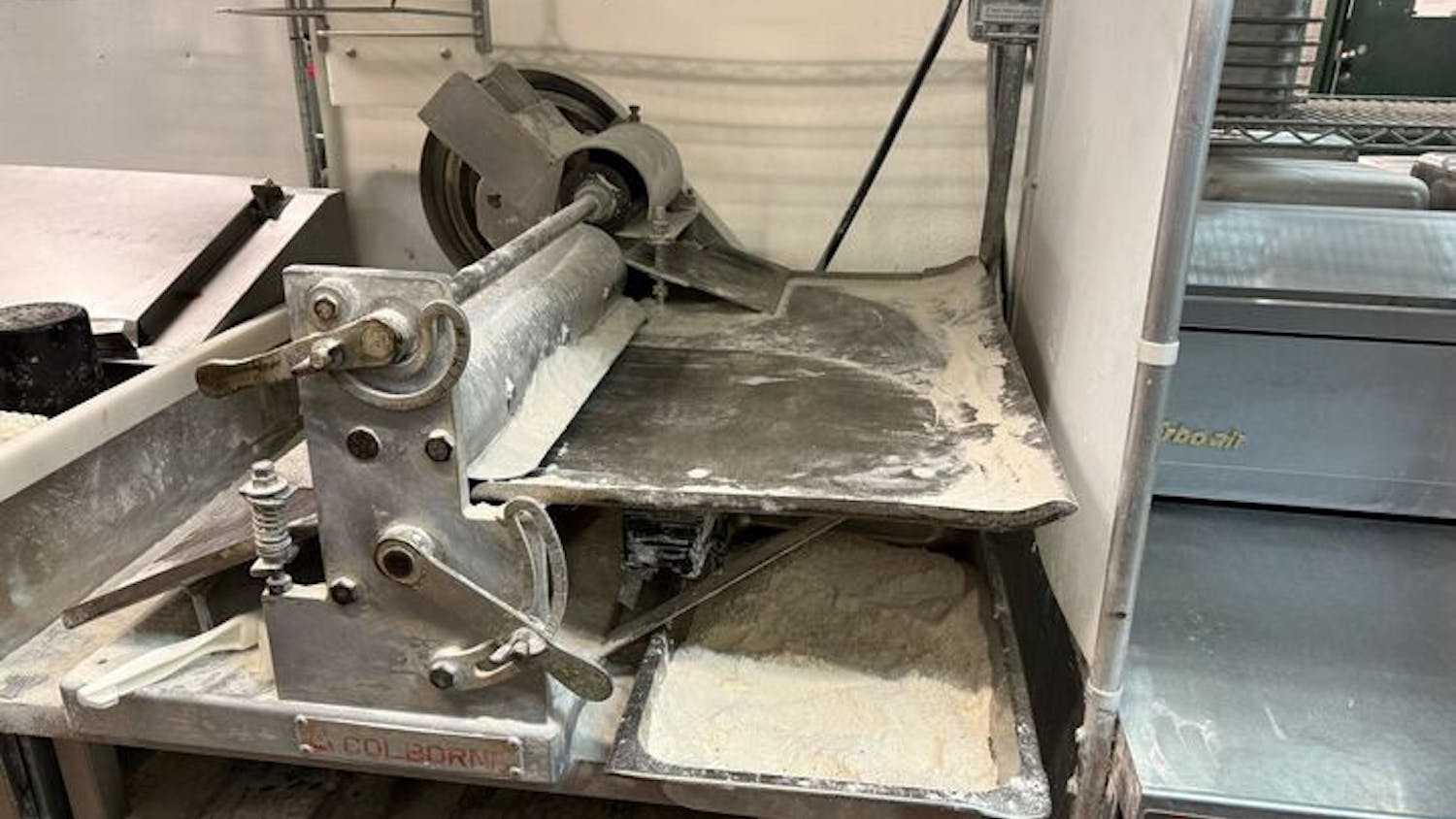In an effort to regulate human cloning in Wisconsin, the state Senate passed a bill Tuesday which would ban cloning for human reproduction but permit it for research and therapeutic purposes.
Senate Bill 379 passed with no amendments, 18 to 14, with one member absent.
Senator Mark Meyer, D-La Crosse, was author of the bill and called the legislation a balanced proposal.
\For anybody who has a family member or a friend who ??s been affected by Parkinson's or diabetes or cancer or heart disease or the spinal cord injury, it's important that we pass a law like this to make sure that stem-cell research and therapeutic cloning be able to continue,"" he said.
While the Democrats have a majority in the Senate, Republicans have the majority in the Assembly, and Meyer said it is unlikely that the bill will survive once it reaches that house. If that is the case, then the bill would have to be reintroduced next year's session.
Wisconsin Right to Life, an anti-abortion group based in Milwaukee which opposes the bill, is also fairly confident that it will not pass in the Assembly, according to Executive Director Barbara Lyons.
""Even though it passed the Senate, it's a dead bill'that's our guess,"" she said.
However, Rep. Steve Kestell, R-Elkhart Lake, and Rep. Steve Freese, R-Dodgeville, are introducing separate bills in the Assembly that would put a total ban on human and therapeutic cloning. If either of those bills passes in the Assembly, then the two houses would have to hold a committee conference and attempt to create a compromised bill that both would likely pass.
Rep. Gregg Underheim, R-Oshkosh, chair of the Health Committee, will hold a public hearing Friday concerning the proposed assembly bills.
Pharmacology professor and Associate Dean for Biological Sciences Timothy Mulcahy said since research always uncovers new information, it would be wise for a bill such as the one passed by the Senate to have a sunset clause, meaning it would have to be re-evaluated in about one year in light of new developments and circumstances.
He said the state Legislature should permit continued research of human cloning.
""Nobody's trying to kill anybody or make it dangerous,"" he said.
Yet Lyons said the bill is deceptive because while it appears to be a ban on cloning, it is in fact a ""clone and kill"" bill.
""[What] it says you cannot create a clone and implant it in a woman's womb to become a full human being,"" she said. ""But, you can create a clone for research purposes. But because you can't implant it, you must kill it.""
Meyer said that while he recognizes Wisconsin Right to Life's influence over the senators, many people may not have fully understood the bill outside of that organization's stance, which is why they agreed to support them and vote against the bill.





